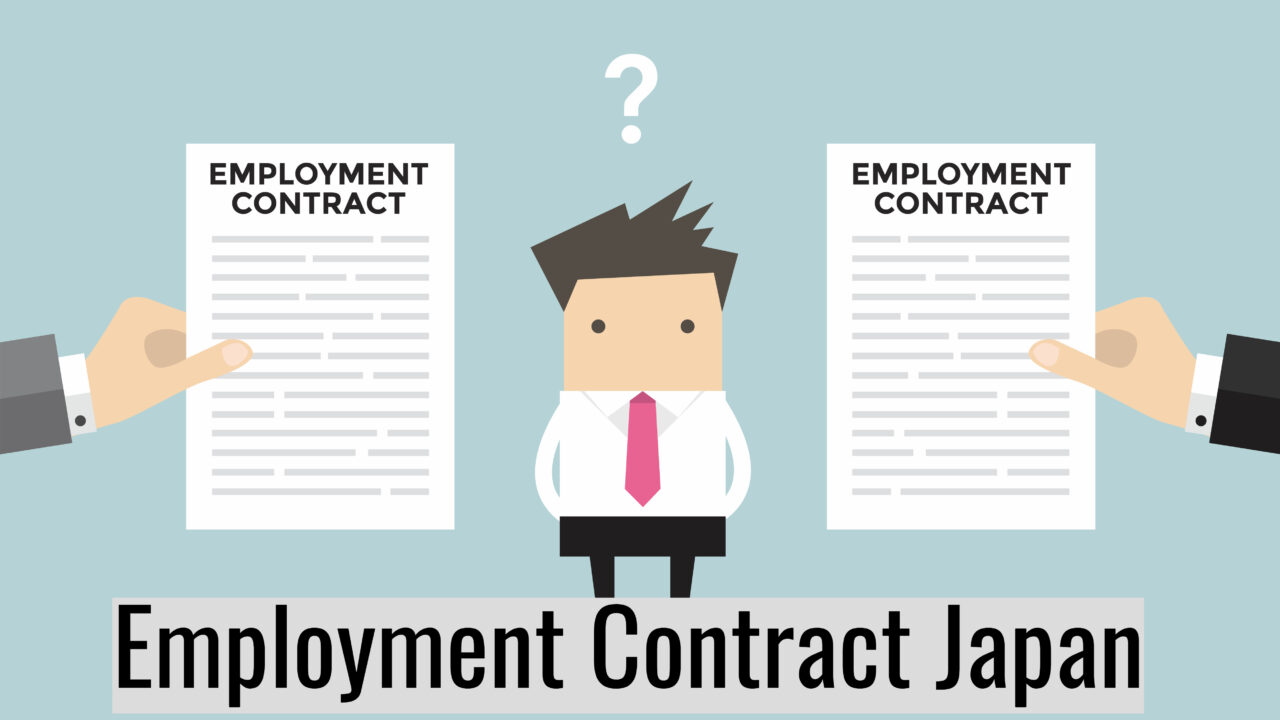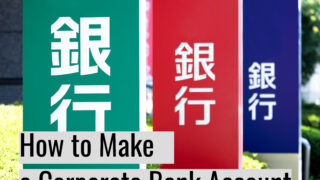1. Employment contract is often not prepared in Japan
“The wage was lower than what I saw on the job posting! ”
“The job description or my position is different from what I was told at the interview! ”
Sometimes, employees and companies dispute over working conditions like this. In such cases, the most reliable source of reference is the employment contract concluded between the company and the employee. In Japan, however, employment contracts are often not signed between companies and employees.
Under Japanese law, workers’ rights are highly protected. Wages must be paid on a fixed date each month as previously decided. Once working conditions have been decided, it is difficult to change them to the employee’s disadvantage.
On the other hand, labor law does not require a company to sign an employment contract with its employees. Therefore, companies with low compliance awareness may not clearly communicate working conditions to employees and change them for their own convenience.
2. What is a written notice of working conditions?
(1)Legal Requirement
To avoid misunderstanding, the fact that a written employment contract need not be prepared does not mean that companies do not have to clearly indicate working conditions when they hire someone. Under the Labor Law, a company must clearly indicate important matters among the working conditions to workers in writing. This is called a written notice of working conditions(労働条件通知書 Rōdō Jōken Tsūchisho). Since it is legally required to give this written notice, it is not enough to give the notice orally. (About other requirements when you hire employees, please refer to our article “Documentation when your company hires staff in Japan“)

(2) Conditions to be stipulated in the written notice of working conditions
The following information shall be stipulated in the written notice of working conditions. A template can be downloaded from the website of the Ministry of Health, Labor and Welfare. It is relatively easy to prepare a working conditions notice by filling in the working conditions of your company on this template. If you are unsure about how to fill out the form, you should consult a lawyer or a certified social insurance labor consultant.
- Contract Term
- Place of work
- Description of work to be performed
- Start and end time of work
- Break time
- Conditions regarding overtime hours
- Holidays
- Vacation
- Wages
- Conditions related to resignation
- Others
3. Causes of Disputes over Working Conditions

Again, companies do not have to conclude an employment contract with an employee; instead, it can simply give the employee a written notice of working conditions. This legal treatment sometimes causes trouble.
When an employment contract is prepared, the company and the employee understand its conditions and sign or seal it respectively, so there are fewer chances for problems to arise later regarding working conditions.
On the other hand, a written notice of working conditions is a unilateral notice by a company to a employee, so companies may claim they have given a written notice of working conditions to their employee, while employees may claim that he or she did not receive it.
4. Risk Management for Company
A notice of working conditionsis a short document, about one or two A4-sized pages. Therefore, employees who receive it may not feel that the document is that important, and may even throw it away.
As a risk management measure for the company, it is better to conclude an employment contract with the employee in order to avoid future problems with the employee regarding working conditions. Even if the company does not have a written employment contract, it is a good idea to have the employee sign or affix his/her name and seal to the notice of working conditions. By keeping the signed or stamped working conditions notice, the company can prove that they gave the employee the working conditions notice at the time of hiring.
5. Risk Management as Employees
Companies with low compliance awareness sometime do not issue a notice of working conditions and change working conditions at their own discretion. So, if a company does not issue a written notice of working conditions, employees should demand that the company issue one.
In addition, when you receive the written notice, make sure you fully understand the conditions and consider whether you can accept the offer. If necessary, you should negotiate to change some conditions to protect your interest.










